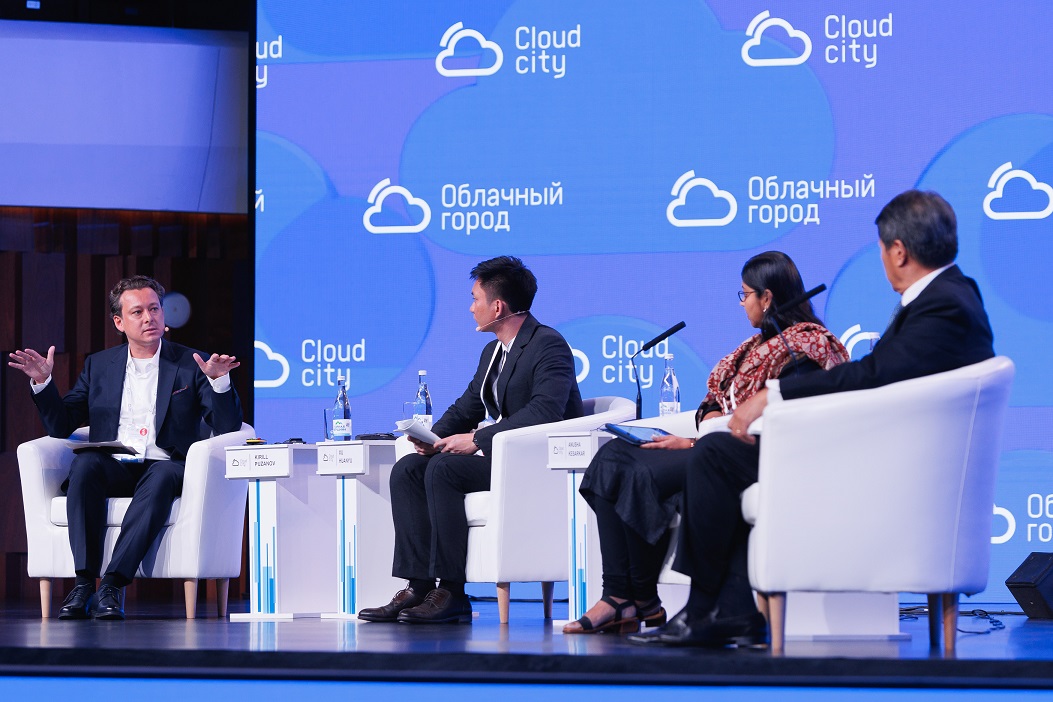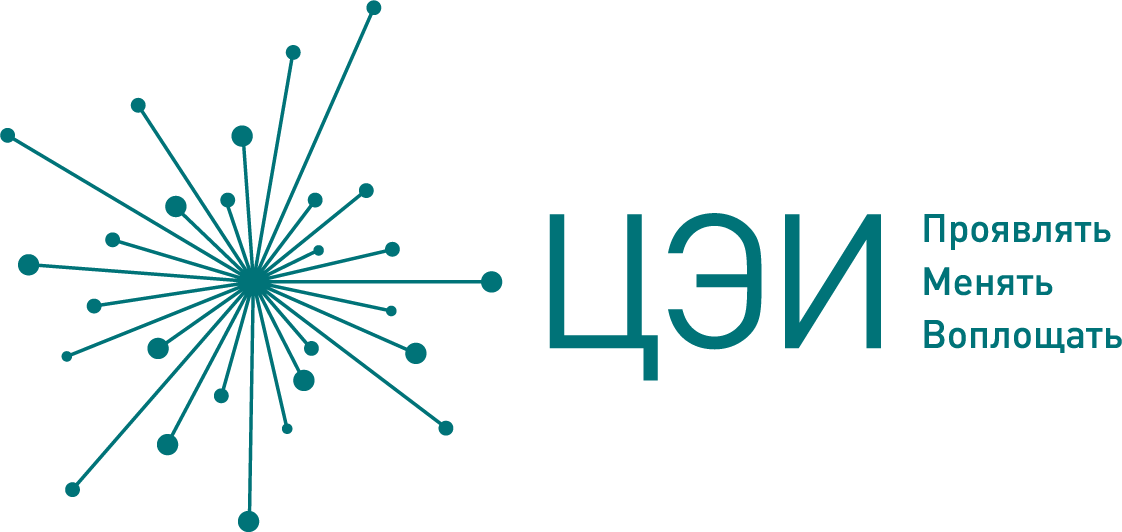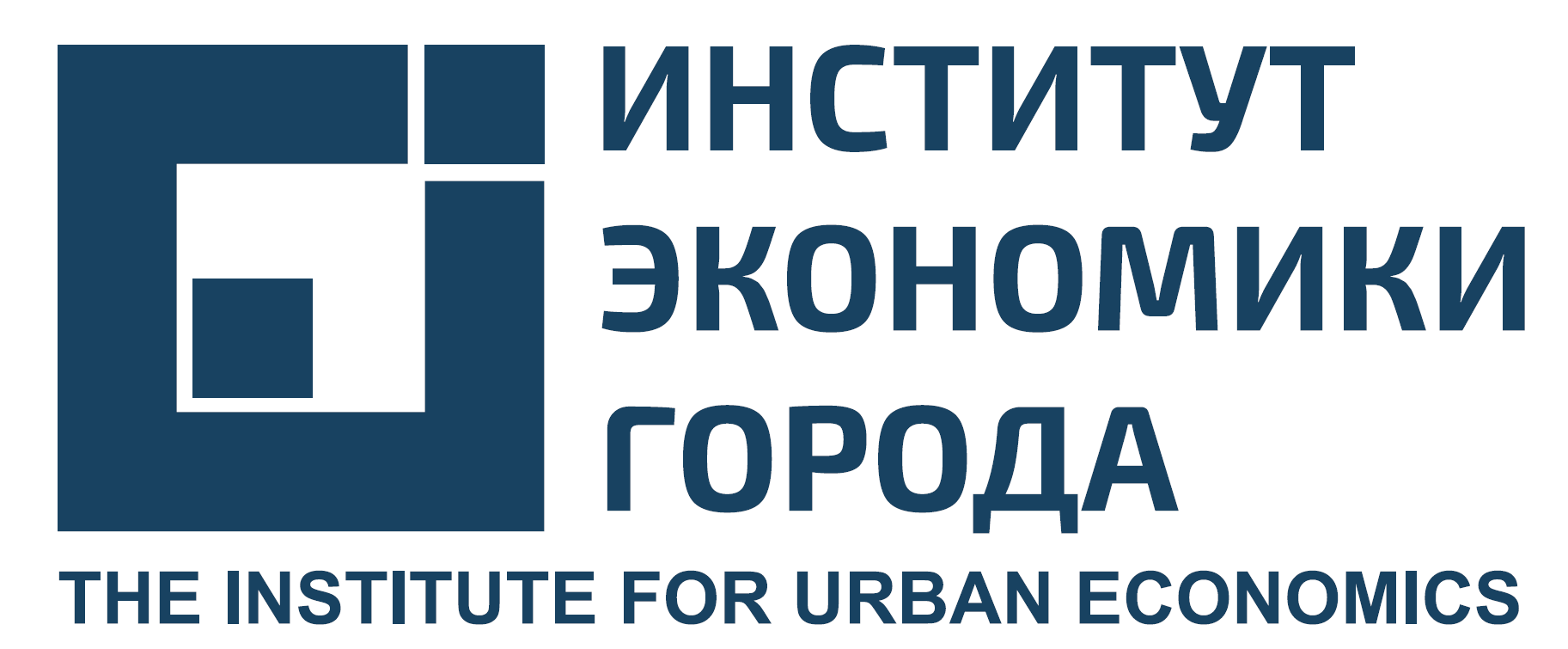We are a faculty about the city and for the city.
The Faculty of Urban and Regional Development integrates a wide range of HSE University competences in the fields of economics, sociology, law, management, etc., related to urban development and management. We view urbanism as a universal reference frame uniting multiple interpretations of the city based on the complex study of the urban lifestyle phenomenon, critical revision of current professional practices, urban planning approaches and decision-making technologies.
Departments
- Vysokovsky Graduate School of Urbanism
- Shukhov Lab
- Institute for Transport Economics and Transport Policy Studies
- Institute of Regional Studies and Urban Planning
- Urban Studies and Practices Journal
- Laboratory of Urban Sociology
- Research Laboratory for Multi-Sensory Experience in Urban Environment
- Culture Research Institute
Education
- Bachelor’s programme in Urban Planning
- Master’s programme in Urban Development and Spatial Planning
- Master’s programme in Prototyping Future Cities
- Master’s programme in Transport Planning
Professional Development Programme
- Re-School
- Geoinformation Methods of Urban Data Analysis
Projects
- Forum of Urban and Regional Development in Perm 2019
- International Conference ‘Urban Renewal Policy: Balancing between Housing Affordability and Urban Sustainability’
- Erasmus+ Project ‘European Housing Policy’
News


Publications
-
Book
Structure and properties of fibrous thermal insulation materials
Modeling the structure of fibrous material is carried out in order to study the laws of the formation of the properties of the material, its properties and optimize the ways of using such a material in constructions. The purpose of the research described in the article was to develop the foundations for the formation of a universal model of the structure and formation of the properties of mineral wool products.
M.: AIP Publishing LLC, 2023.
-
Article
Merging public transport networks into one: the case of the city of Tver.
The study explores the dynamics of public transport regulation, deregulation, and reform within the context of Tver in Russia. As developing nations face increased transportation demand and industrialized regions grapple with environmental concerns policymakers are challenged to choose appropriate regulatory frameworks. Historically, different stages of economic development have led to diverse approaches, ranging from publicly owned enterprises to natural monopoly regulation.
Primary objective of the study is to conduct a spatial analysis of the new public transport route network in Tver and its suburb, examining alterations, accessibility, and travel times. To achieve this, methodologies, and data parameters such as Geographic Information System (GIS) tools for spatial analysis, creation of buffer zones around public transport stops to assess accessibility, population coverage analysis to understand the demographic impact, and isochrones mapping to evaluate changes in travel times and accessibility were employed. These methods allowed for a detailed assessment of the network's alterations, accessibility, and the impact on travel times following the transfer of planning authority. Additionally, population access to transport services was assessed through demographic coverage analysis, determining the proportion of the population within a designated distance from stops. These quantifications provided insights into the effects of transferring planning authority on the regional public transport system's accessibility and efficiency.
Tver's experience illustrates the potential outcomes of transport reform, with intracity and intraregional routes merged into a unified passenger transportation system. This transformation holds promise for regional development. In summary, this study offers insights into public transport regulation and reform dynamics, using the Tver case to analyze the consequences for accessibility and service quality.
Advances in Transportation Studies. 2024. No. LXIV.
-
Book chapter
Development cycles of cities in the Siberian North
This chapter describes the development cycles of cities in the Siberian North. These cycles are typically connected to the boom-and-bust cycles in associated natural resource development. I discuss the oil and gas cities of the Khanty-Mansiysk Autonomous Okrug “Ugra,” the Yamal peninsula, the Yenisei North (Igarka, Dudinka), and Dickson on the northern sea route. Using ethnographic interviews, I analyze the characteristics of different phases of development and changes in the social sphere and the mood of citizens across these phases and geographic areas. I discuss on the peculiarities of urban development in Siberia based on different resource exploitation histories and the possibilities of moving to a post-raw material stage of development in the Siberian North.
In bk.: The Siberian World. Routledge, 2023. Ch. 24. P. 352-363.
-
Working paper
EXPLORING ASSOCIATIONS BETWEEN PARKING OCCUPANCY RATE AT RESIDENTIAL ESTATES AND SPATIAL CHARACTERISTICS. THE CASE OF YEKATERINBURG
Financial losses due to low demand for parking spaces in garages at residential estates is a key motivation for this research. The purpose of this paper in particular is to statistically explore the relationship between parking occupancy rates and various factors on transport supply, characteristics of location and the building. The occupancy rate of parking was measured as the ratio of actual number of cars to total number of parking spaces. The fieldwork on counting occupied parking spaces was conducted 2 times per day during a week on a sample of 13 locations in different areas of a 1.4-million Yekaterinburg city in Russia. 4700 observed parking spaces give sample size of 173 records. Statistical analysis shows that the crow-fly distance to the city center as well as the number of public transport stops are strongly associated with occupancy rate for parking. Also, occupancy rate is much more affected by the type of parking ownership. Private owning means purchase of a parking space or renting it while public ownership suggests free access. So private parking means a 45% decline in occupancy compared to the public parking regime. Research provides empirical results and some theoretical underpinnings are also highlighted.Urban and Transportation Studies. URB. НИУ ВШЭ, 2020. No. 9.
Partners
Contacts
Study Office: +7 (495) 772-95-90 ext. 12604
PR Office: +7 (495) 772-95-90 ext. 12150
Email: city@hse.ru
VK TG










